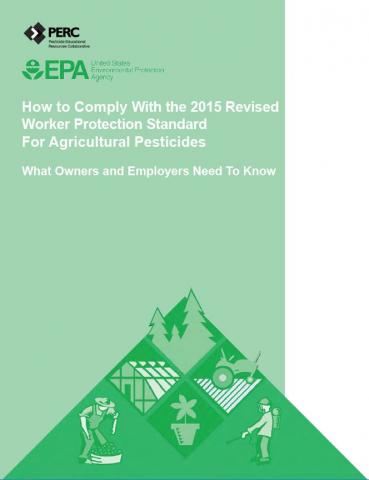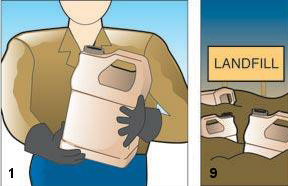Dicamba FAQs Updated
Revisions to Worker Protection Standard Effective January 2017
Herbicide Resistance, Safety Are Key Topics in Private Pesticide Applicator Training
Private pesticide applicators holding licenses that expire in 2017, as well as anyone seeking first-time private applicator certification, can contact their local Nebraska Extension office for pesticide safety education training sessions. About 200 statewide sessions will be held January through April.
Nebraska Extension Training for Commercial, Noncommercial Pesticide Applicators
培训日期re set for Nebraska's commercial and non-commercial pesticide applicators seeking first-time certification or recertification of their license to buy or use restricted-use pesticides in 2017. The statewide training is coordinated through the Nebraska ExtensionPesticide Safety Education Program (PSEP).
Pesticide Container Recycling Available at 24 Sites in 2016
Nebraska’s voluntary pesticide container recycling program has reason to shout. Now in its 25thyear, the program has recycled more than 2.27 million pounds of pesticide containers since 1991.





